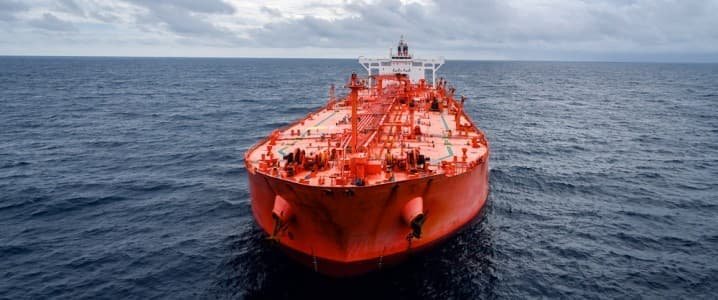By Tsvetana Paraskova – Dec 20, 2024, 8:30 AM CST
Iran’s oil is increasingly finding its way into floating storage offshore Southeast Asia instead of at customers as a recent raft of U.S. sanctions on tankers shipping Iranian oil has made Chinese buyers more careful.
The volumes of Iranian oil stored on tankers at sea, predominantly offshore Malaysia’s eastern coasts, have swelled to their highest levels since the end of July, per data from Kpler cited by Bloomberg.
As of December 15, a total of 16.82 million barrels of Iranian oil were sitting on tankers at sea without going anywhere. This volume is the highest in five months, according to the data from Kpler.
In October, the United States began ratcheting up sanctions on entities and vessels transporting Iranian oil. Two months ago, the U.S. Treasury and State Department designated several companies, based in Suriname, India, Malaysia, and China, for “knowingly engaging in a significant transaction for the purchase, acquisition, sale, transport, or marketing of petroleum or petroleum products from Iran.”
The new U.S. sanctions on Iran “include measures against the “Ghost Fleet” that carries Iran’s illicit oil to buyers around the world,” National Security Advisor Jake Sullivan said.
Early this month, the United States imposed sanctions on 35 entities and vessels that have transported Iranian oil, and then this week, the Treasury slapped sanctions on four entities and three vessels involved in the trade of Iranian petroleum and petrochemicals.
“Iran continues to rely on its shadowy network of vessels, companies, and facilitators to finance the development of its nuclear program, the proliferation of its weapons systems, and support to its proxies,” said Acting Under Secretary for Terrorism and Financial Intelligence Bradley T. Smith.
The tightened sanctions on vessels shipping Iranian crude and petroleum products have slowed purchases at China’s refiners – Iran’s main oil customers – who now demand oil delivered with non-sanctioned vessels.
“Recent US tanker sanctions have led to a slowdown in Iranian vessels calling at Shandong ports, as Chinese buyers increasingly require cargoes to be delivered on non-sanctioned vessels,” Vortexa’s senior market analyst Emma Li wrote in a note last week carried by Bloomberg.
By Tsvetana Paraskova for Oilprice.com
More Top Reads From Oilprice.com
- Forget Short-Term Noise: Oil Prices Are All About the Long-Term Trend
- Hurricane Fury in 2024 Slows US Gulf Energy Production
- Israel Strikes Yemen Energy Targets in Latest Middle East Flare-Up
![]()
Tsvetana Paraskova
Tsvetana is a writer for Oilprice.com with over a decade of experience writing for news outlets such as iNVEZZ and SeeNews.


